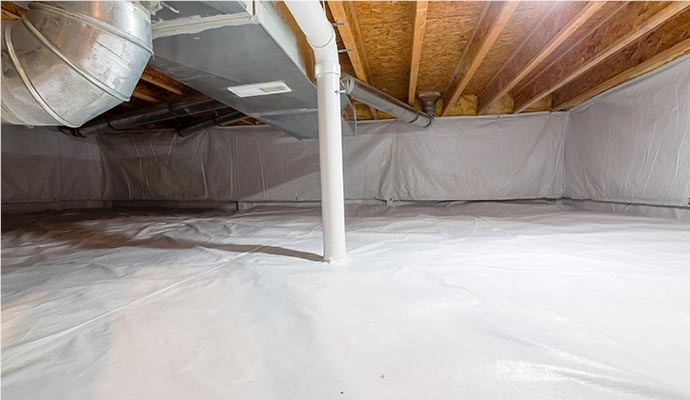Damage to your house can be a very serious situation for any homeowner. It may also be very hard to learn what to do to correctly handle the situation. Water damages are among the most familiar homeowner's claims, so it is a great idea to remember some common tips in case you get yourself trapped with unexpected water in your house.
1. First Things to Do
The first thing you must do in the incident of water damage is find out the water's source and make sure that the water's flow has been stopped. Cleanup cannot occur if water is still heavily pouring down into the house. After you stop the water, it is a great idea to cut the power supply to the house if there is any remaining water. Obviously, water and electricity might make a dangerous combination. If either of these things puts you at danger, then you need to wait for a professional. Finally, as long as it is safe, click as many photos as possible before beginning any possible DIY cleanup. You will want to begin cleaning quickly if possible, but you will also like your insurance company to view the primary extent of the damage prior to the cleaning happens. After photos have been taken and the area has been announced safe, eliminate as much remaining water as possible and turn on the fans to start the drying process.
2. Consider Source and Volume
If you are thinking about a do-it-yourself cleanup project, you will like to consider the source and the volume of the water. A small patch of clean water is generally something that might be handled in home, but a basement flooding by sewage requires to be handled by professionals. It is important to keep in mind, though, that even tiny amounts of water might hide in crevices and cracks within porous materials making the ideal breeding place for mildew and mold if not dried fully. If the water source is black or grey, it should never be handled by yourself. These waters contain pollutants that require to be correctly cleaned to make sure the safety of the house and everyone in it.
3. Call An Insurance Company
If you have determined that the problem is not in your capabilities to handle, it is time to call your insurance company. You will want to check what kind of coverage you can get for the loss and what will be deducted. If you choose to file a claim, an adjuster will be assigned to you to handle it. Frequently, your insurance company will connect you with a popular restoration vendor, but sometimes they will suggest you to locate one on your own.
4. Contact Us
A restoration expert from Innovative Restorations will work straight with your insurance company and also work with you to ensure the task is done properly. A technician or project manager will inspect the damage and aid in determining the most suitable course of action. The extraction of standing water will be done and drying tools will be set quickly so the damage does not become worse. After all the things is dry, unsalvageable materials will be eliminated and other things will be cleaned and sanitized to get ready for reconstruction.
The Things You Should Not Do After a Water Damage
- Do not enter places that pose a danger to your health because of contaminated water or electricity.
- Don't use a household vacuum cleaner to dry the water. These aren't formed to work with water and result in a risk of electrical shock along with damage to the vacuum.
- Evade walking on wet areas as much as possible. Walking through wet surfaces runs the danger of spreading possibly pollutants via the rest of the property.
Subscribe to Innovative Restorations's Blog






Comments